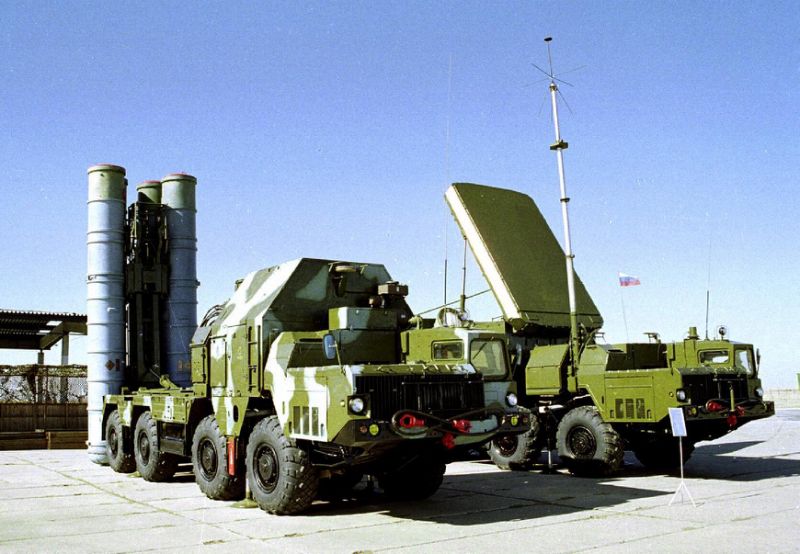The first delivery of the Russian S-300 surface-to-air missile system has arrived in Iran, the country’s Foreign Ministry has announced as it started to equip itself with technology that was blocked before it signed a deal with world powers on its nuclear program.
“We had already announced that despite several changes in the time of delivery, the deal is on its path of implementation and today I should announce that the first part of this equipment has arrived in Iran and delivery of other parts will continue,” Foreign Ministry spokesman Jaberi Ansari told journalists, Mehr news agency reported.
The S-300 surface-to-air system was first deployed at the height of the Cold War in 1979.
In its updated form it is one of the most advanced systems of its kind and, according to British security think tank RUSI, can engage multiple aircraft and ballistic missiles around 150 km (90 miles) away.
Russia’s agreement to provide Iran with S-300 has sparked concern in Israel, whose government Iran has said it aims to destroy.
Russian President Vladimir Putin had discussed his move in a phone call with Israeli Prime Minister Benjamin Netanyahu, telling him that Israel shouldn’t be worried about the “purely defensive” weapon.
Ansari told a news conference on Monday: “I announce today that the first phase of this (delayed) contract has been implemented.”
He said the delivery came through the Caspian Sea, which both Iran and Russia border.
Ansari was replying to reporters’ questions about videos on social media showing what appeared to be parts of an S-300 missile system on trucks in northern Iran.
Russia’s deal with Iran was first signed in 2007, but was suspended by Russia under pressure from the US and Israel. Moscow said the delivery would destabilize regional security at a time when Tehran was accused of having a undercover nuclear weapons program.
Russia also said it cancelled a contract to deliver S-300s to Iran in 2010 under pressure from the West. President Vladimir Putin lifted that self-imposed ban in April 2015, after an interim agreement that paved the way for July’s full nuclear deal.
The U.S. military has said it has accounted for the possible delivery of the S-300 to Iran in its contingency planning.
